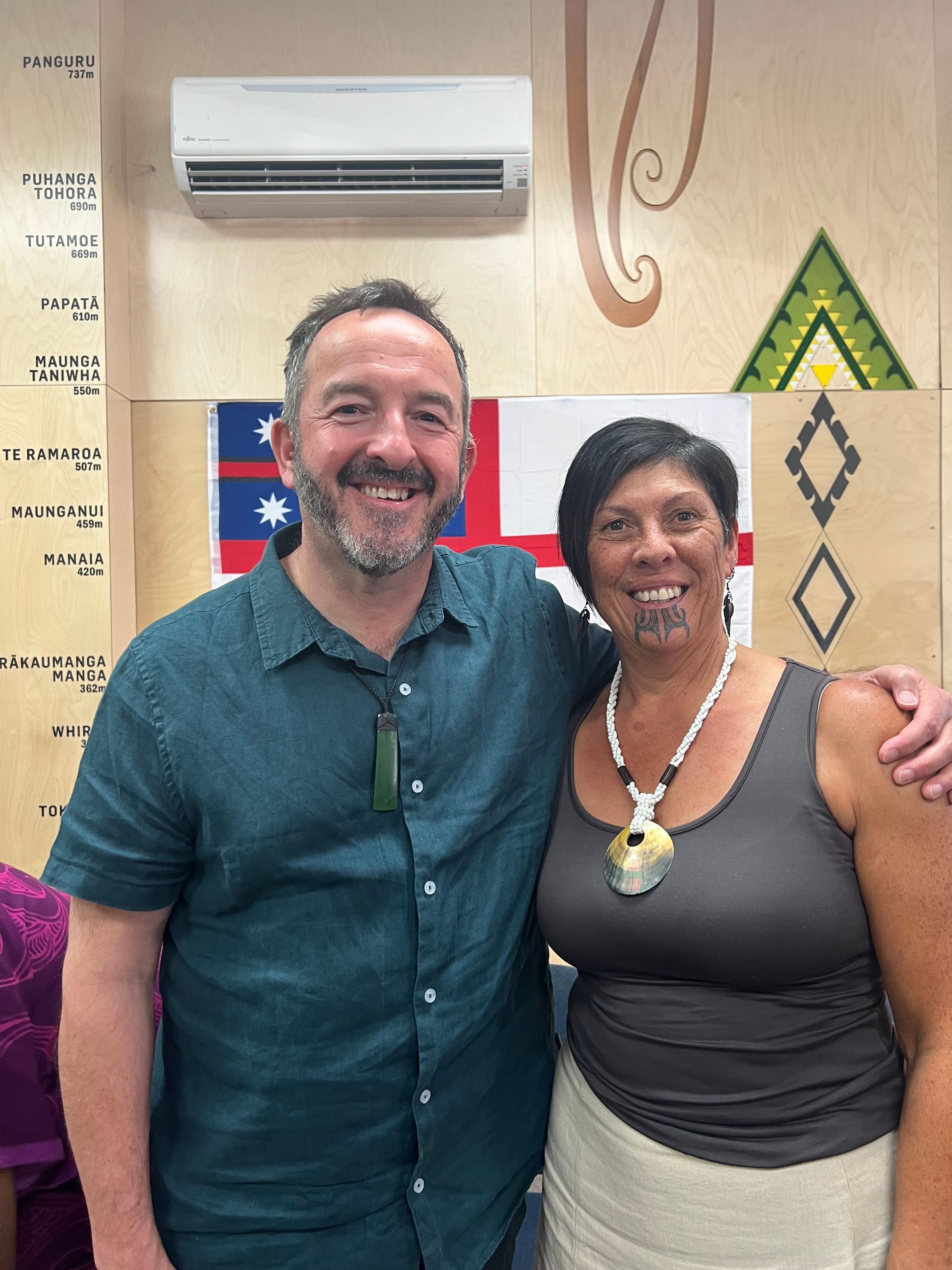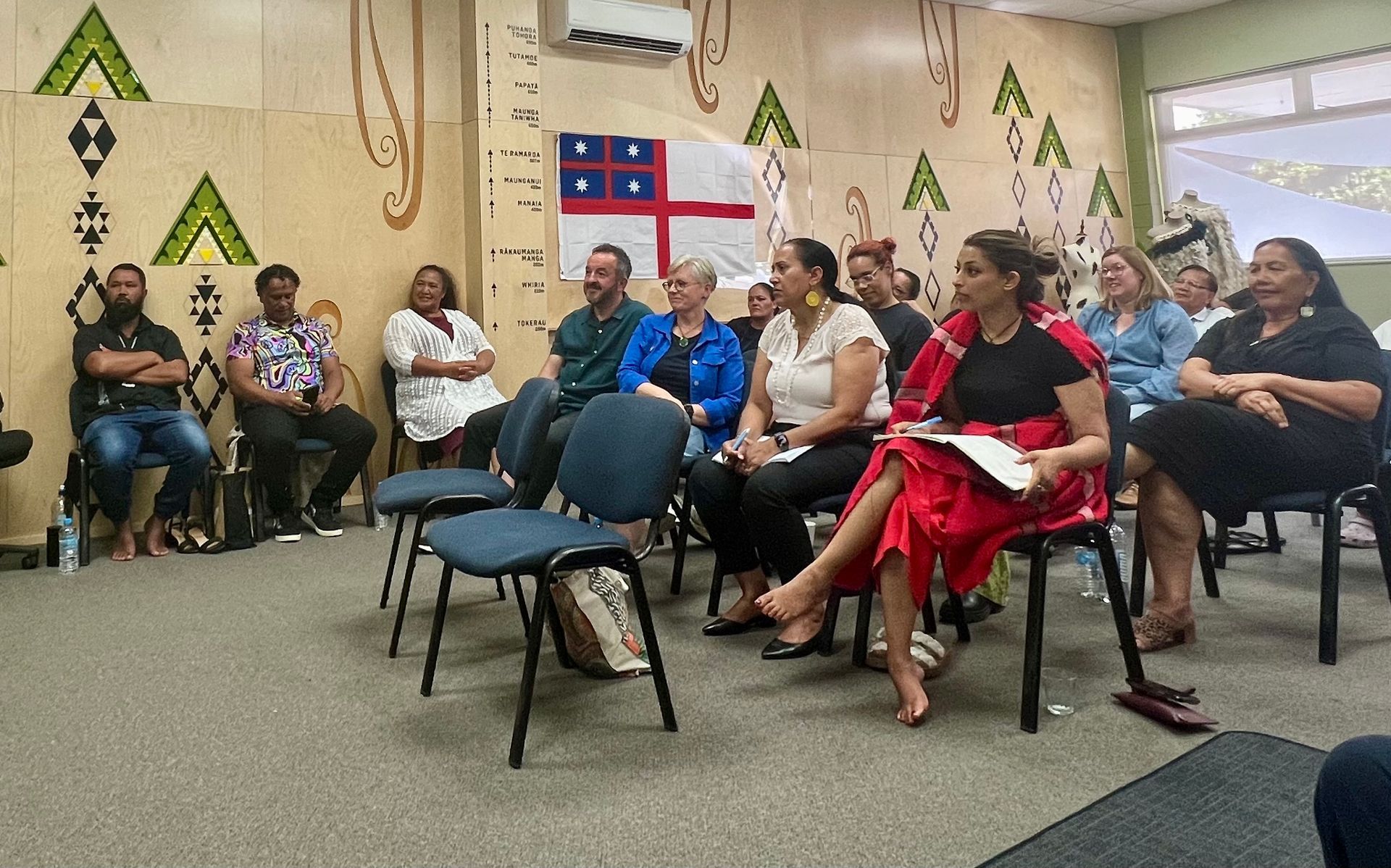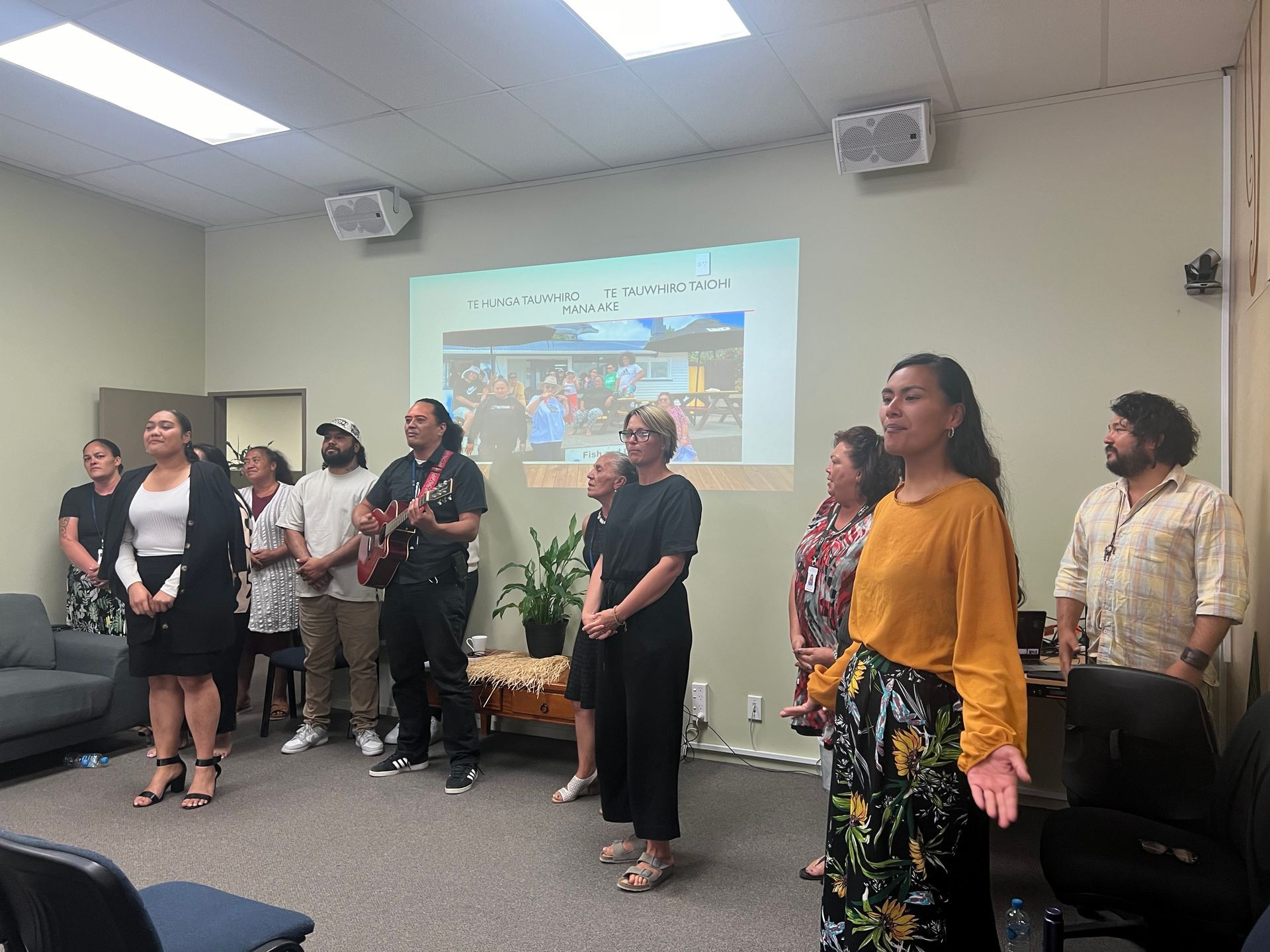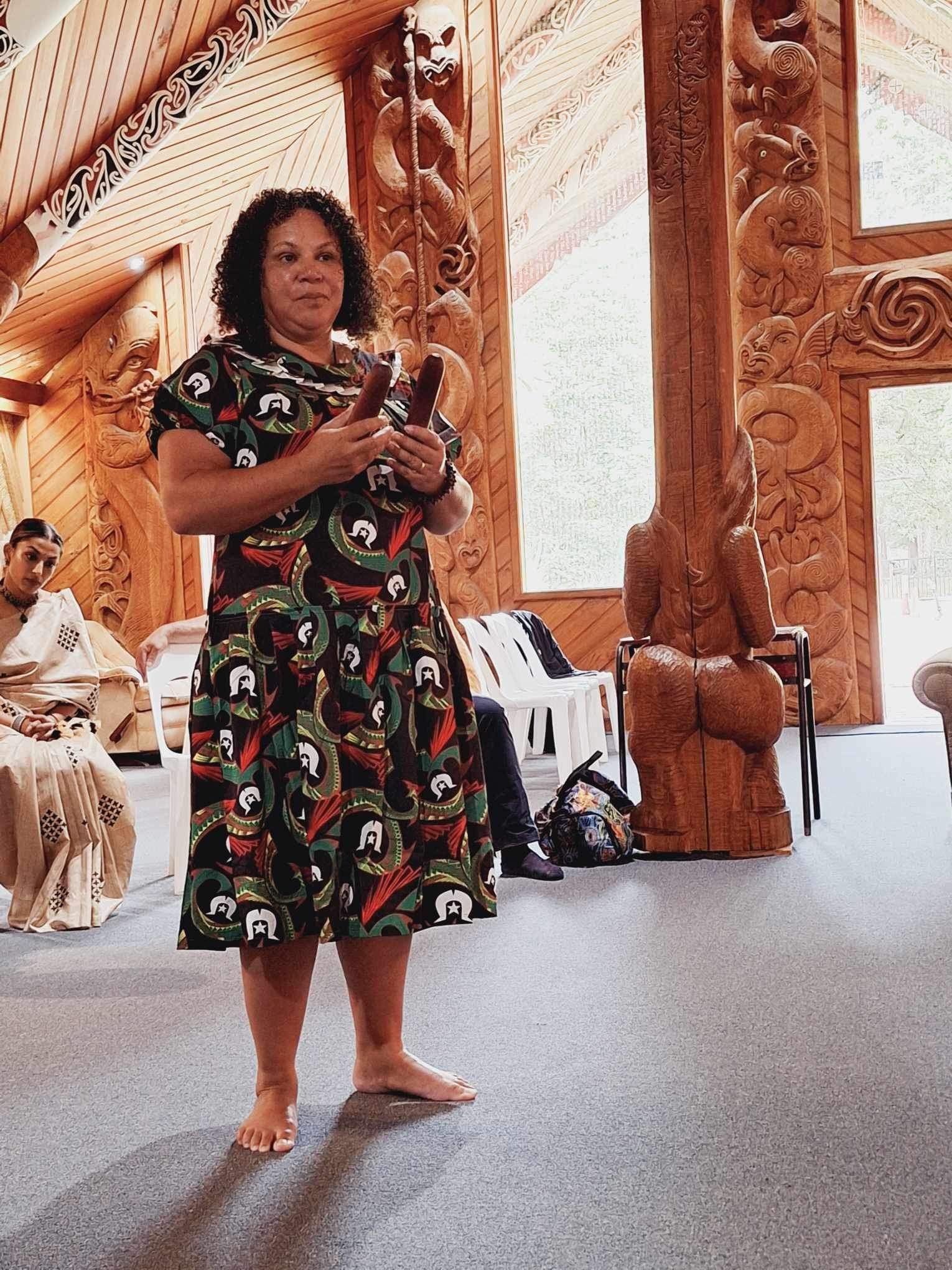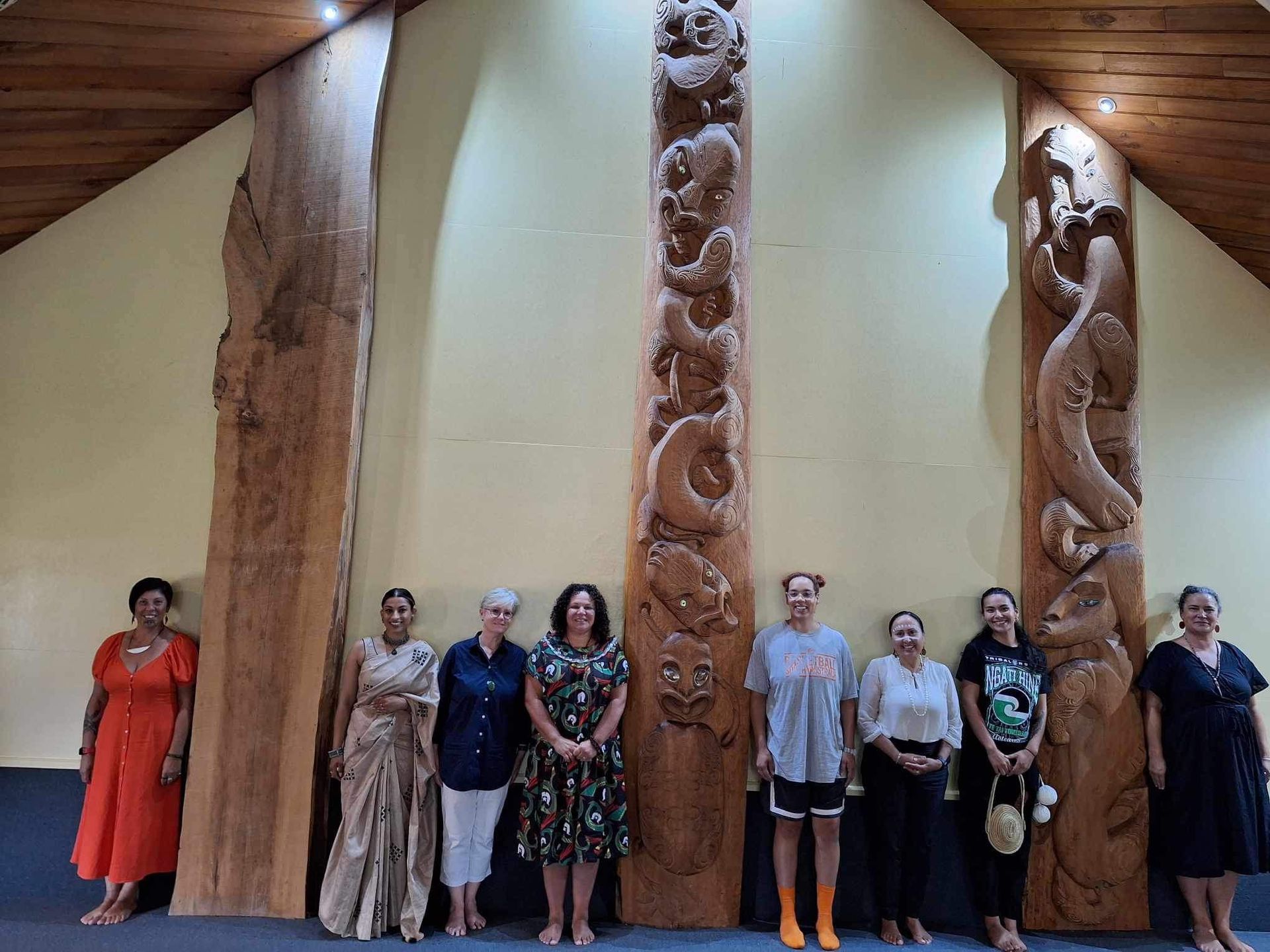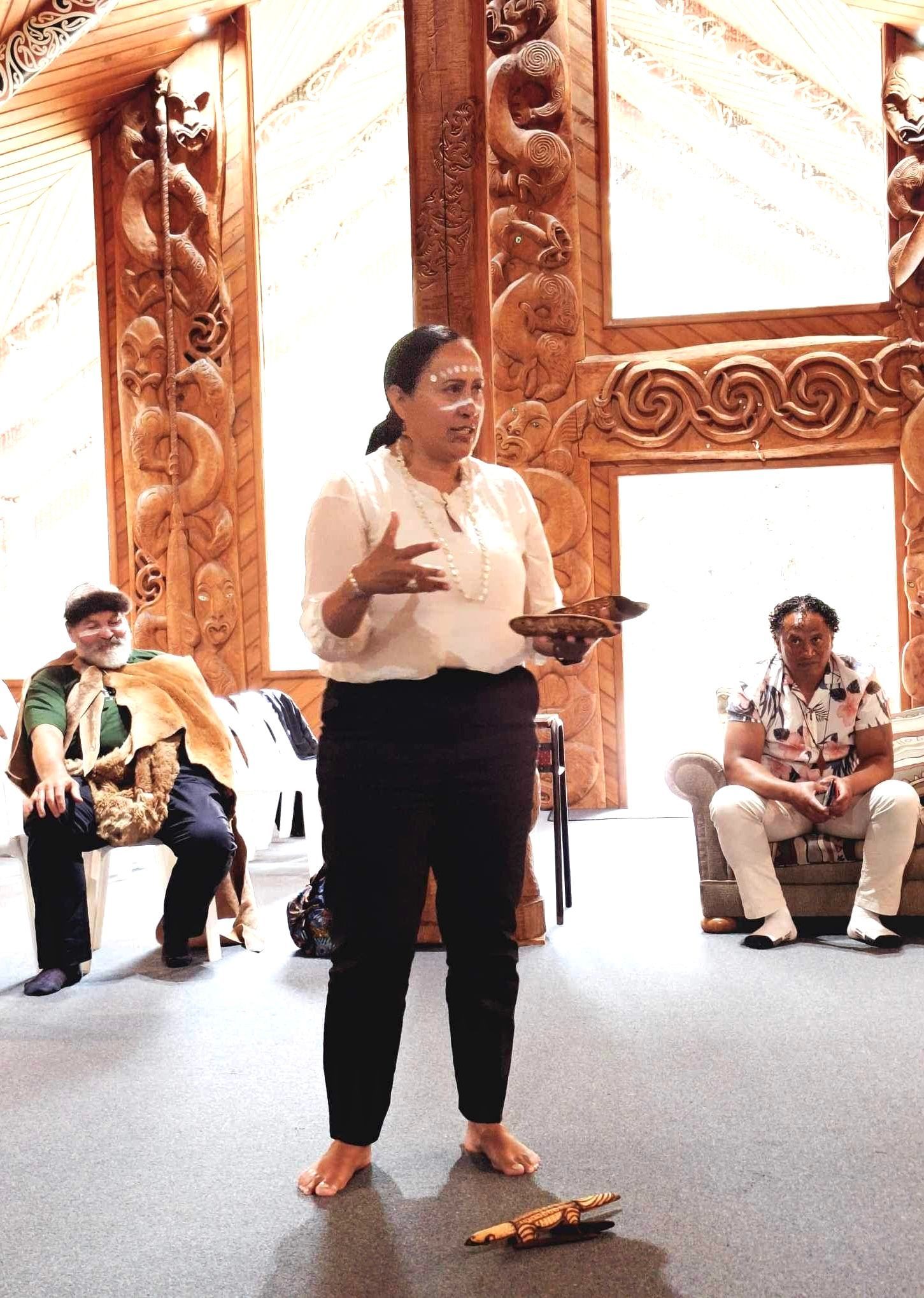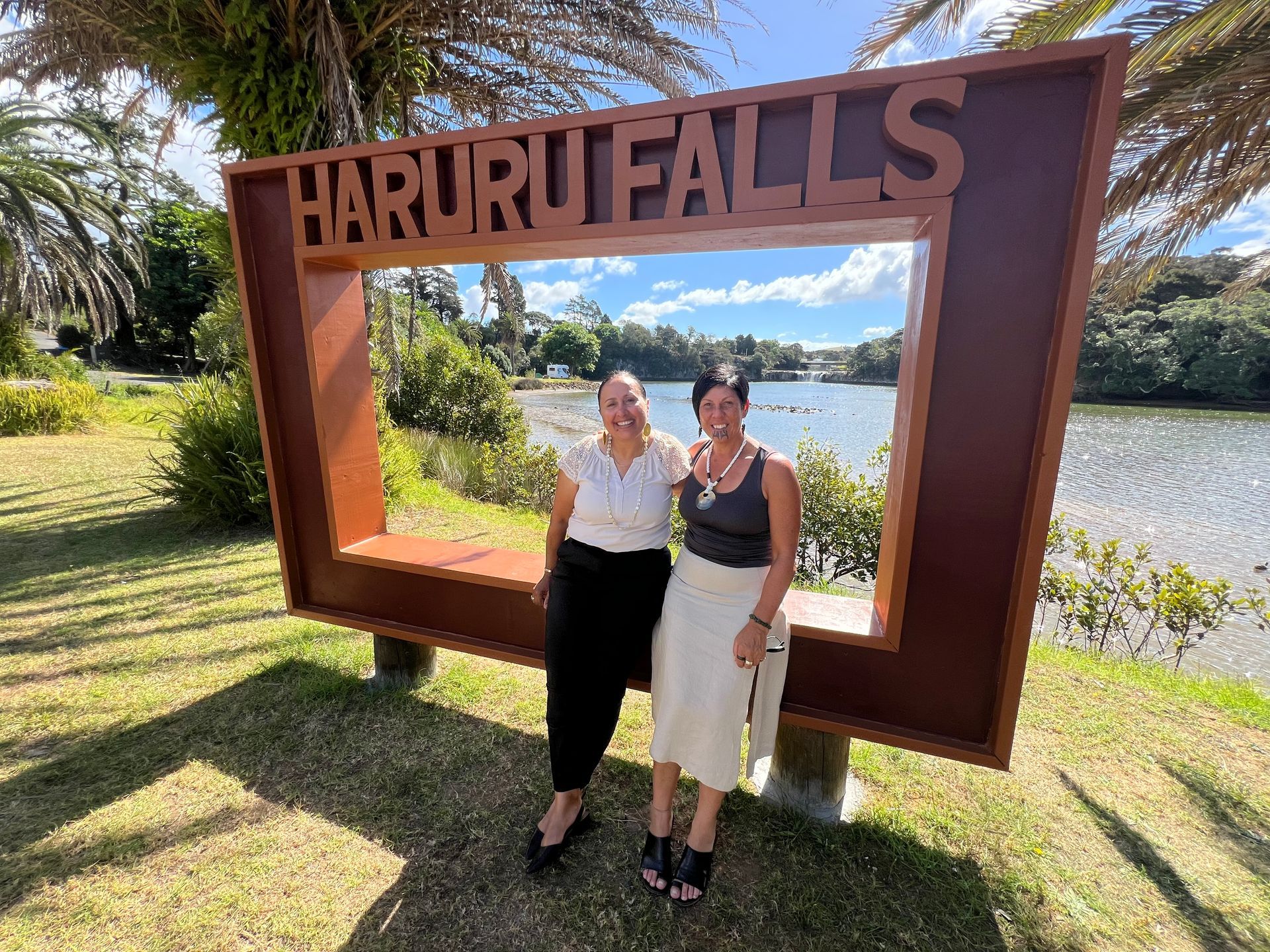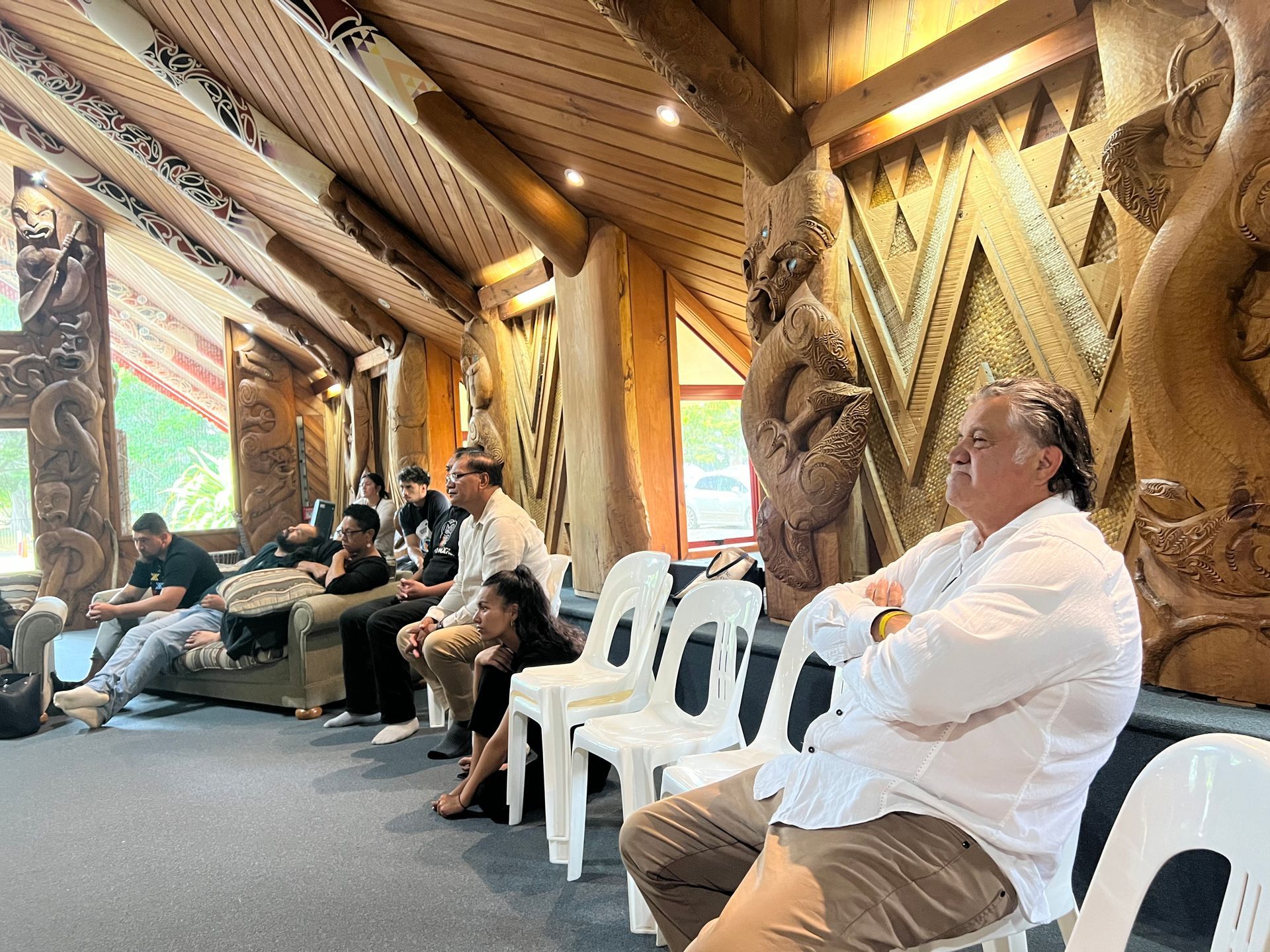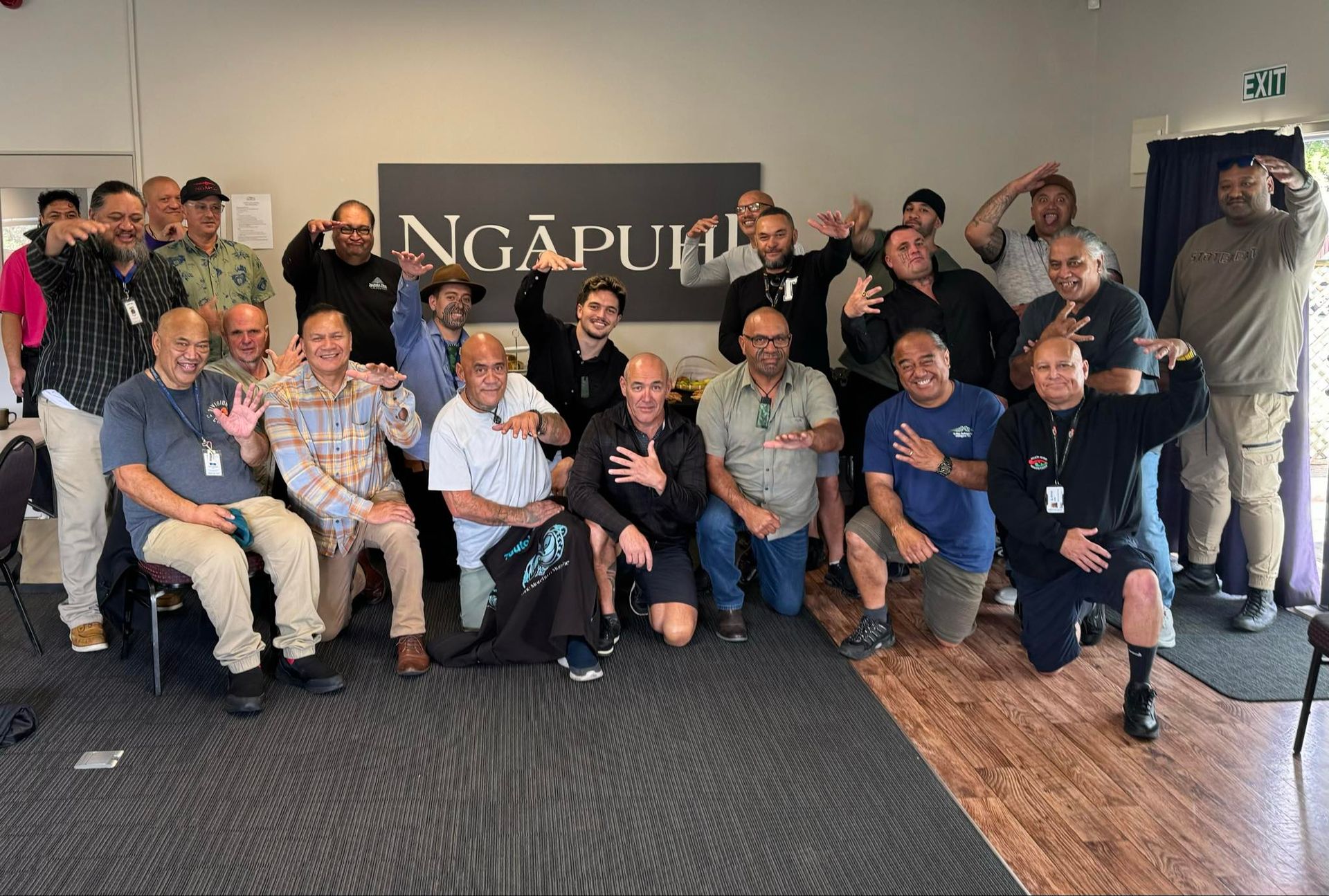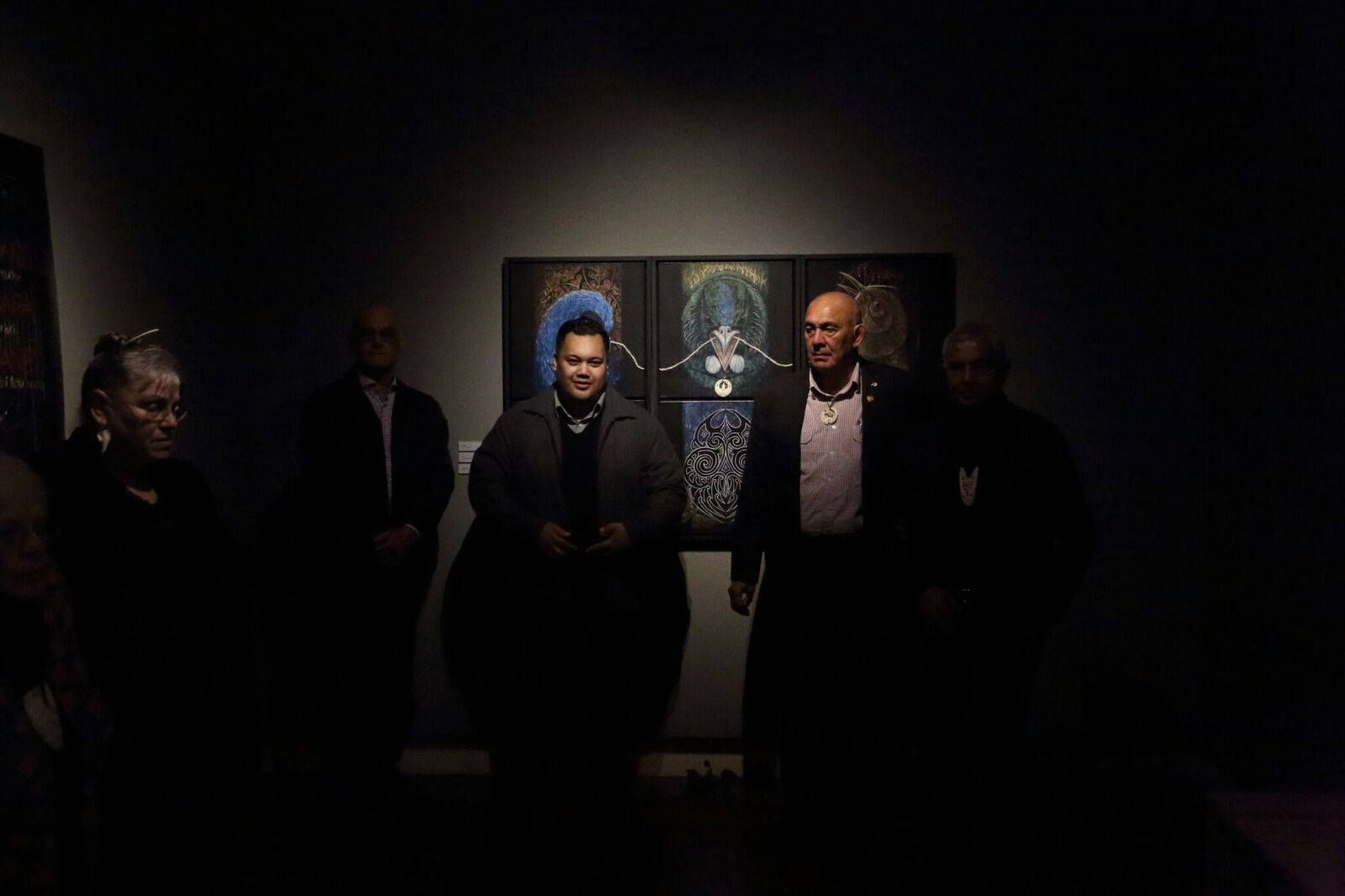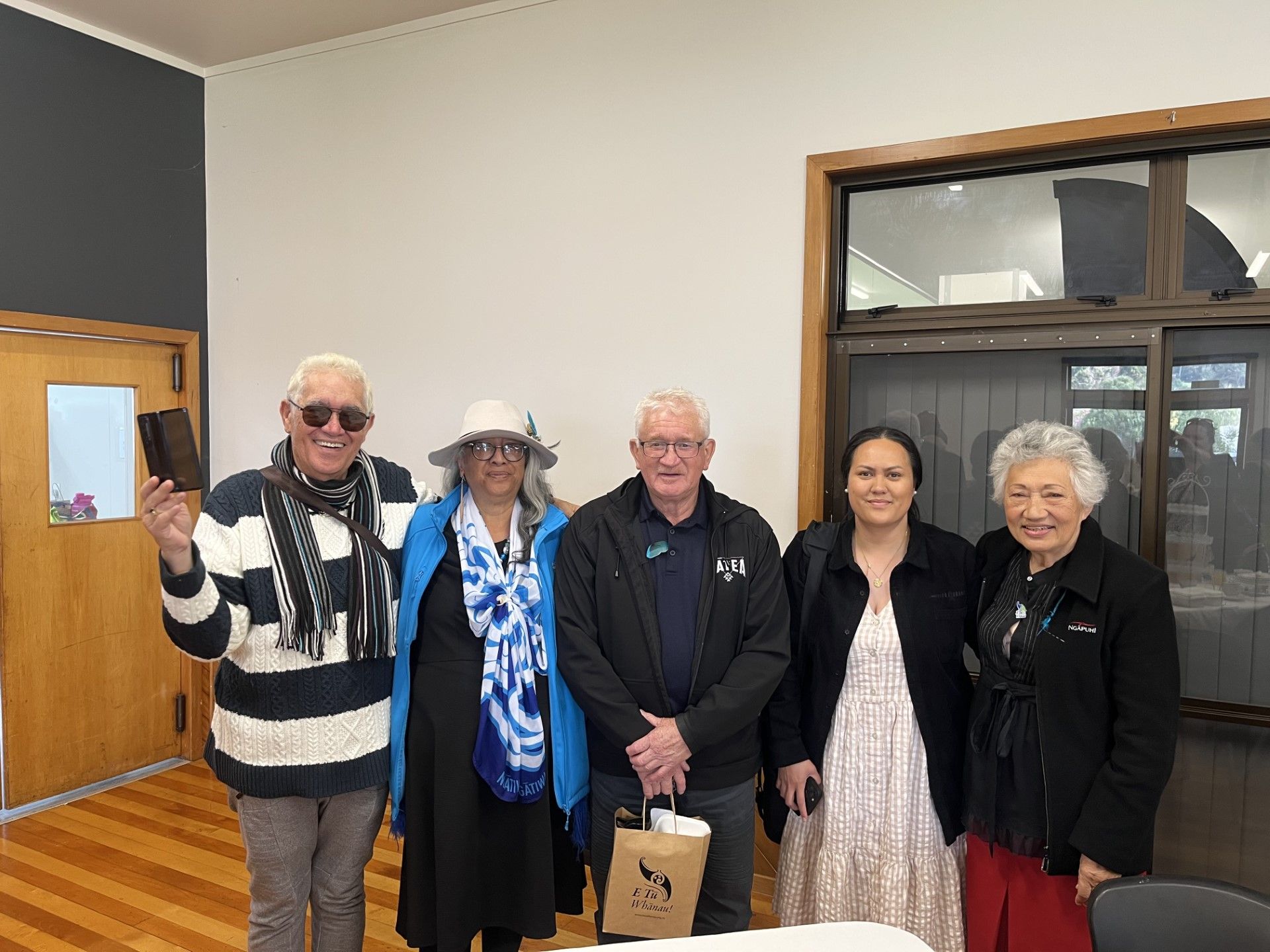

In a recent visit from 10th to 17th February, a distinguished delegation from Australia, comprising influential figures in indigenous advocacy and social services, embarked on a journey to Ngāpuhi. Led by April Lawrie, Commissioner for Aboriginal Children and Young People, and Claire Ralfs, CEO of Relationships Australia, the delegation sought to delve into traditional child welfare practices within the Ngāpuhi community. Accompanying them were Michael O’Brien, Sarah Decrea, Lakshmi Sri, and Chloe Henderson, all eager to explore the strategies employed by Ngāpuhi Iwi Social Services (NISS), particularly in the realm of indigenous youth in state care.
The purpose of the visit extended beyond mere observation, as both parties engaged in an active exchange of knowledge and insights. Ngāpuhi Iwi Social Services welcomed the delegation, embracing the concept of 'ako'-- where teaching and learning occur reciprocally.
This mutual exchange underscored the importance of ongoing collaboration and dialogue in advancing indigenous-led solutions in child welfare. Key discussions revolved around the reclamation of traditional protective practices and the significance of cultural connections for indigenous children in state care. The delegates highlighted the detrimental effects of the colonial system, which often severs familial and cultural ties, leading to a loss of identity and community connection. By reclaiming indigenous practices and emphasising the importance of familial and cultural bonds, the aim is to create pathways for children to return to the care of their own communities, where they can flourish in environments that honour their heritage and nurture holistic wellbeing.
As the delegates bid farewell, they departed not only with newfound insights but also with a renewed sense of camaraderie and shared purpose. The visit left a lasting impact on both sides, contributing to a broader understanding and approach tochild welfare practices within Ngāpuhi Iwi Social Services and fostering ongoing collaboration between indigenous communities across borders.
Looking ahead, the collaborative efforts initiated during the visit are set to continue, with plans for future exchanges, initiatives, and partnerships aimed at further strengthening child welfare and cultural practices within indigenous communities.
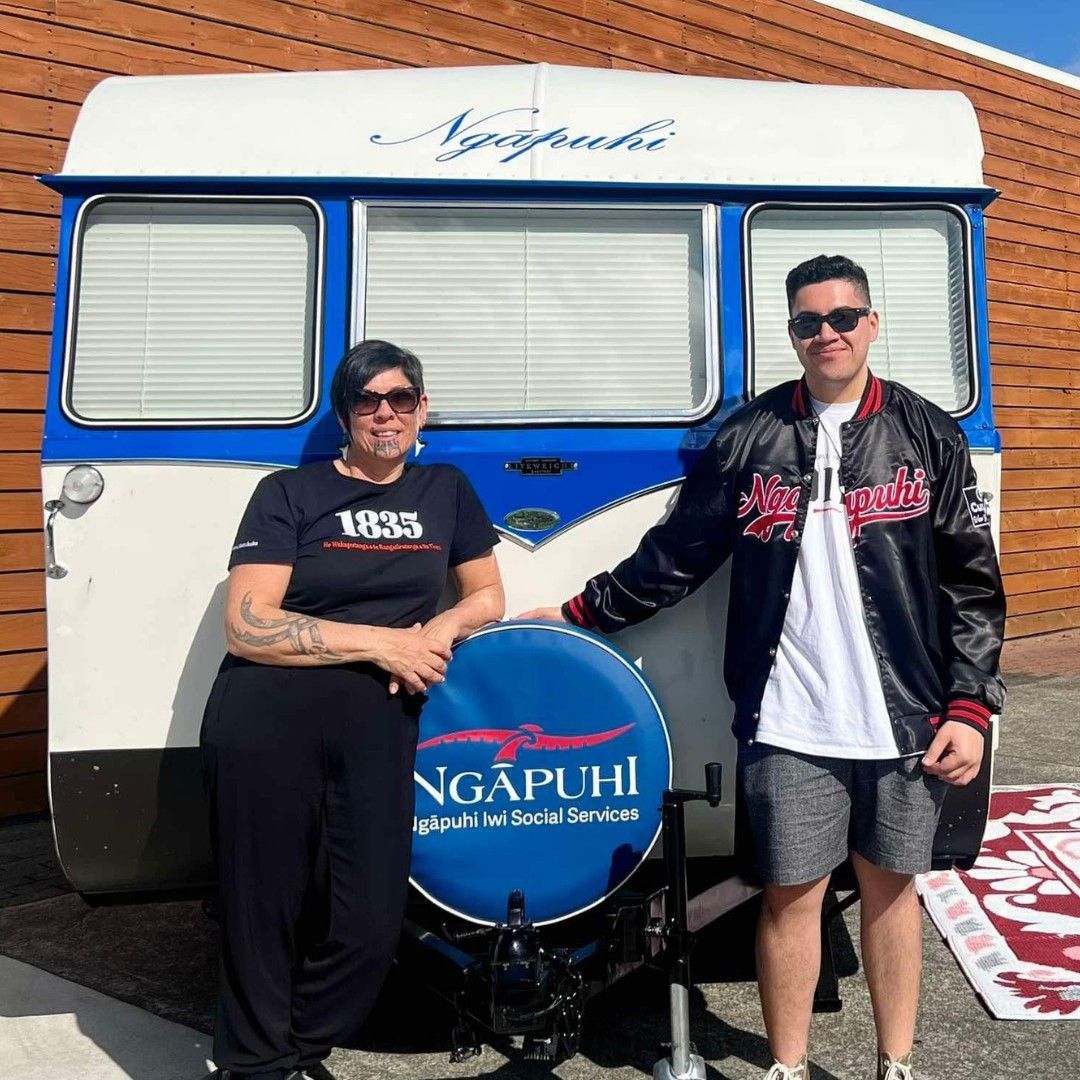
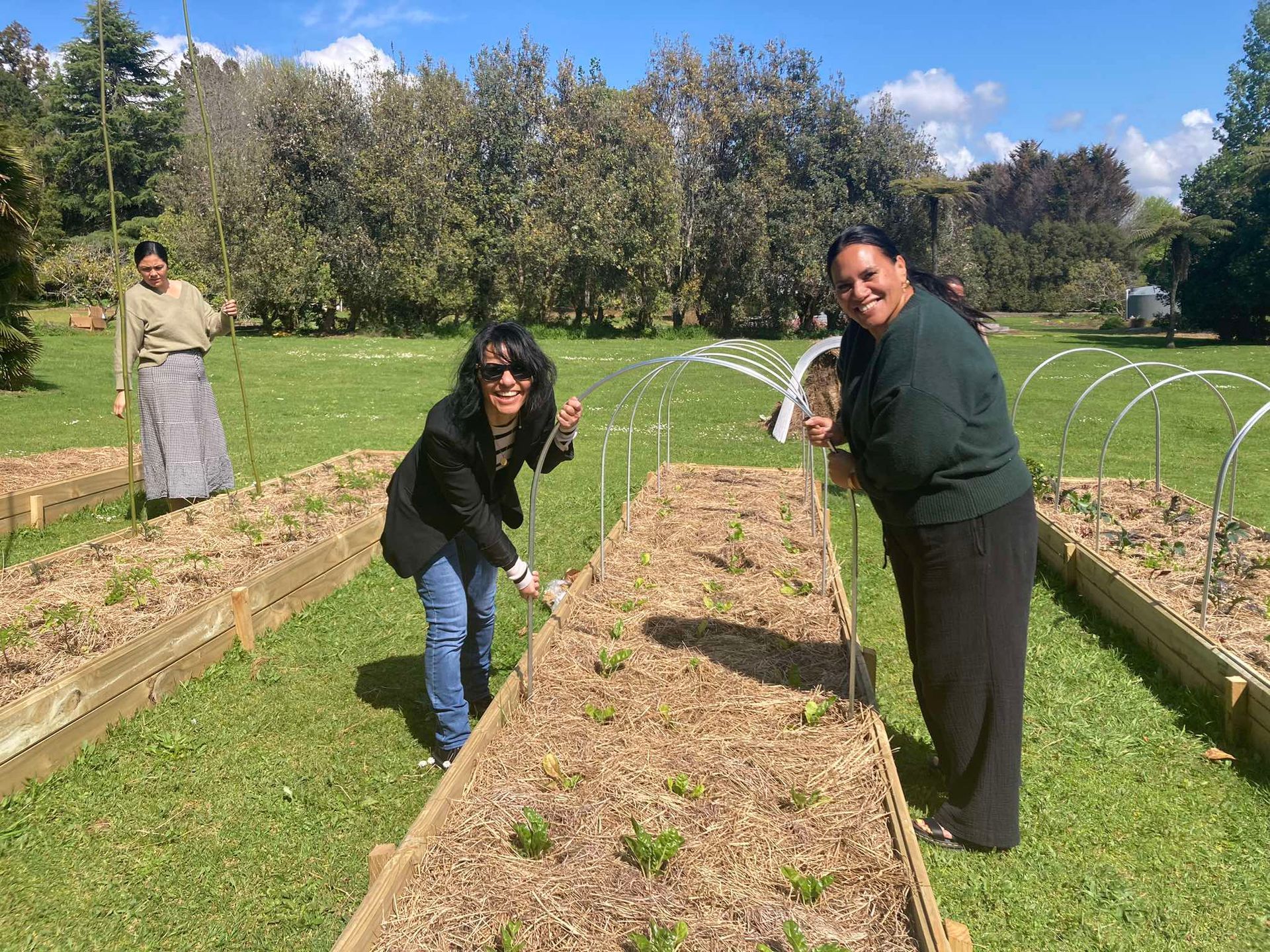
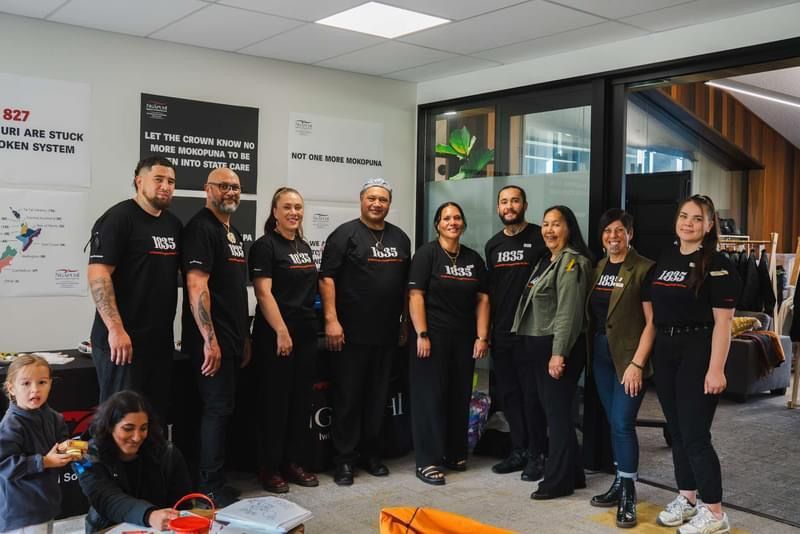

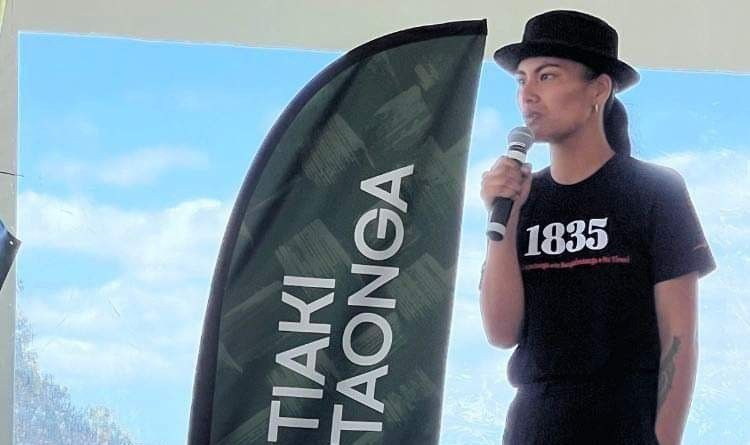
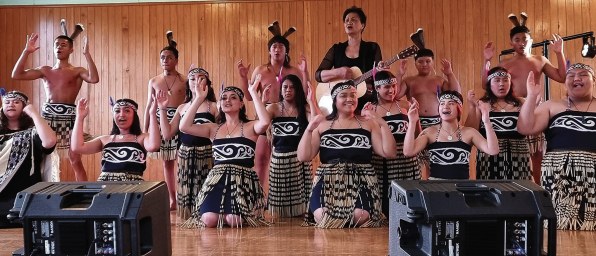
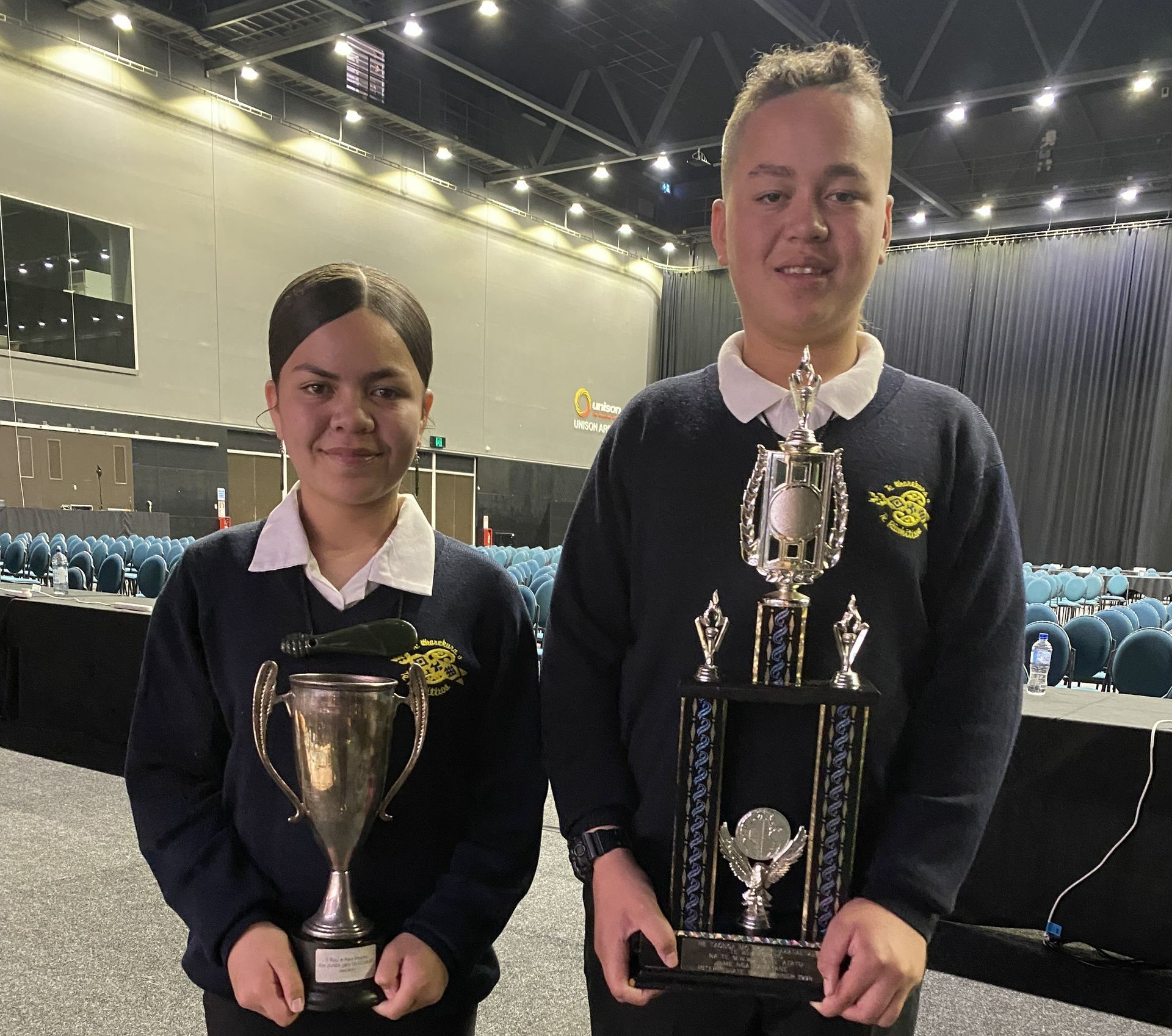
All Rights Reserved | Ngāpuhi Iwi Social Services | Curated by MEA | Website by AWA Digital
